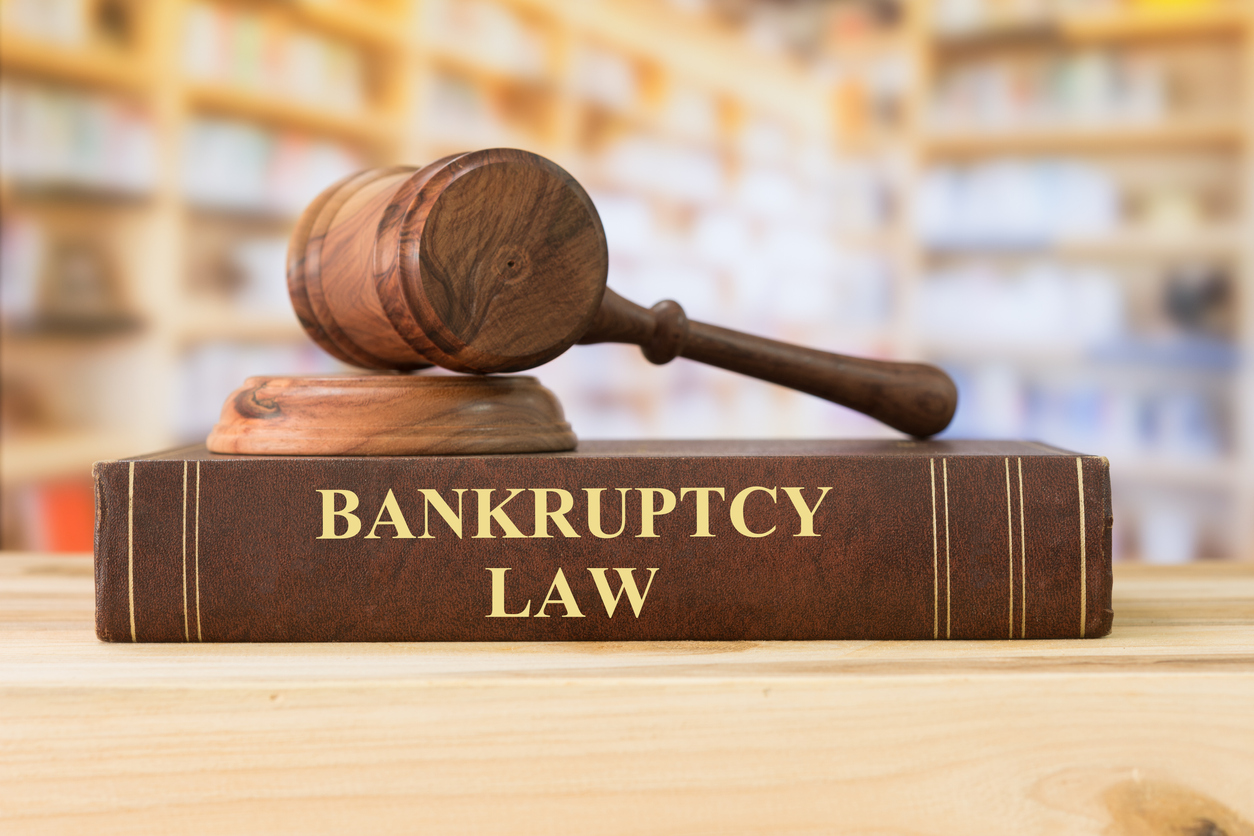The insolvency resolution and bankruptcy processes under the Insolvency and Bankruptcy Code, 2016 (Code) allows an over-indebted individual to avail a discharge from her debts by first attempting to restructure her debts with her creditors, and if she fails to successfully do so, by liquidating her assets and distributing the proceeds to her creditors in bankruptcy proceedings. By availing a discharge, the over-indebted individual gets absolved from the obligation of repaying her discharged debts, thus, allowing her to restart her life outside of the debt cycle.
The Insolvency and Bankruptcy Board of India (IBBI) constituted a Working Group in 2017 to recommend the strategy and approach for implementation of the personal insolvency provisions of the Code dealing with insolvency and bankruptcy of (i) personal guarantors to corporate debtors and (ii) individuals having businesses, and submit a report along with the draft rules and regulations. The Working Group released a report in 2017, however, it was subsequently reconstituted as the ‘Second Working Group’ and given a similar mandate. The Second Working Group undertook a review of the 2017 report, and released two reports with revised recommendations for implementation of individual insolvency provisions under the Code.
The Second Working Group recommended phase-wise implementation of personal insolvency provisions under the Code. It recommended implementation of the regime for personal guarantors to corporate debtors before others. It also prepared draft rules and regulations for this purpose.
Most of the recommendations of the Second Working Group have been implemented in the form of two sets of rules and two sets of regulations dealing with insolvency resolution and bankruptcy proceedings of personal guarantors to corporate debtors.
About the Contributors

Aishwarya Satija
Aishwarya was a Senior Resident Fellow working in the area of Corporate Law and Financial Regulation. At Vidhi, she has primarily worked on engaged/commissioned projects from various ministries, statutory authorities and regulators, where she provides legal research and drafting support at various stages of law-making. Aishwarya works on a variety of legal and regulatory matters and allied issues in public policy, chiefly related to insolvency laws, competition laws and corporate governance laws. Aishwarya graduated with a B.A. LL.B (Hons.) from Jindal Global Law School (JGLS) in 2017. During her time there she worked on two human rights reports and attended specialised courses in Advanced Corporate Law and Competition Law. She has also interned under Senior Advocate Ramji Srinivasan, in Avantha Holdings Ltd. and in leading law firms.

Shreya Garg
Shreya is a Senior Resident Fellow, and leads the work at the intersection of law, finance and development at Vidhi. She is currently focusing on independent research work relating to financial inclusion, tech and corporate governance. She has worked on several engaged projects with the International Financial Services Centres Authority, Ministry of Corporate Affairs and the Insolvency and Bankruptcy Board of India. Shreya completed her LLB from National Law University, Jodhpur in 2012 and LLM from Queen Mary, London on a Chevening scholarship in 2019. She also worked with the European Bank for Reconstruction and Development, London in 2019. Prior to joining Vidhi in 2014, she worked as an Associate at Luthra & Luthra Law Offices, New Delhi.

Manmayi Sharma
Manmayi is a Senior Resident Fellow working at Vidhi Karnataka. Manmayi is a graduate of the National University of Advanced Legal Studies, Kochi (2016). Prior to joining Vidhi, Manmayi worked at the law firm of Dhir & Dhir Associates, where she litigated and provided advisory services to various clients in matters pertaining to the Insolvency and Bankruptcy Code. She has also previously worked with the Centre for Law and Policy Research, where she litigated in the areas of public health, women's rights and rights of disabled.

Akash Chandra Jauhari
Akash Chandra Jauhari is a Co-Lead (Corporate Law and Financial Regulations) working in the area of Corporate Law and Financial Regulation. He is currently involved in projects relating to insolvency and bankruptcy laws, and regulation of valuation professionals. Akash holds a B.A. (Pol. Science) LL.B. (Hons.) from National Law University, Odisha, Cuttack. He has practised law, which included appearing before judicial and quasi-judicial forums, for over three years in New Delhi with Wadhwa Law Chambers (2016-2019) and in Lucknow, Uttar Pradesh with Mr. A.K. Jauhari (2019). While practicing law, Akash was involved in matters in the fields of public and private law inter alia Constitutional Law, Consumer Law, Contract Law, Arbitration Law, Insolvency Law, Securitisation Law, Companies Law. Despite being involved full-time in his law practice, he also contributed as a Specialist Editor to the 1st Edition of Wadhwa Law Chambers Guide to the Insolvency and Bankruptcy Code (2019),1st Edition of Wadhwa Law Chambers Shorter Insolvency and Bankruptcy Code with Procedures (2020), and assisted Mr Anirudh Wadhwa and Mr Anirudh Krishnan in the 6th Edition of Justice R.S. Bachawat’s Law of Arbitration and Conciliation (2017).







